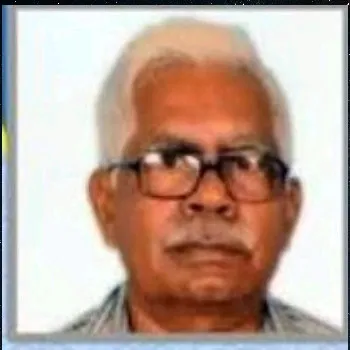Time Of Adaptation
4. Time of Adaptation
I think I should write the secret of how I managed to stay there as I reached there from the scorching heat of Kerala to icy cold. (Not all places in Bhutan are like 'Ha'. Southern Bhutan of low altitude and eastern region are less colder.)
After reaching that evening and the next morning, food was brought by the children from the hostel. It was a curry of dried spinach leaves and dried fish. I didn't know that the pieces in my curry was fish. There was no one to tell me that. As I was hungry l ate the rice with gravy of the curry. Decided to make the next meal by myself I bought a kerosene stove, a couple of aluminum pots and rice. The fellow teachers told me that the supplies will be available at the IMTRAT (Indian Military Training Team) canteen.
Bhutan Army was trained by Indian Army. All the regiments and wings of the Indian military are there to...
I think I should write the secret of how I managed to stay there as I reached there from the scorching heat of Kerala to icy cold. (Not all places in Bhutan are like 'Ha'. Southern Bhutan of low altitude and eastern region are less colder.)
After reaching that evening and the next morning, food was brought by the children from the hostel. It was a curry of dried spinach leaves and dried fish. I didn't know that the pieces in my curry was fish. There was no one to tell me that. As I was hungry l ate the rice with gravy of the curry. Decided to make the next meal by myself I bought a kerosene stove, a couple of aluminum pots and rice. The fellow teachers told me that the supplies will be available at the IMTRAT (Indian Military Training Team) canteen.
Bhutan Army was trained by Indian Army. All the regiments and wings of the Indian military are there to...





